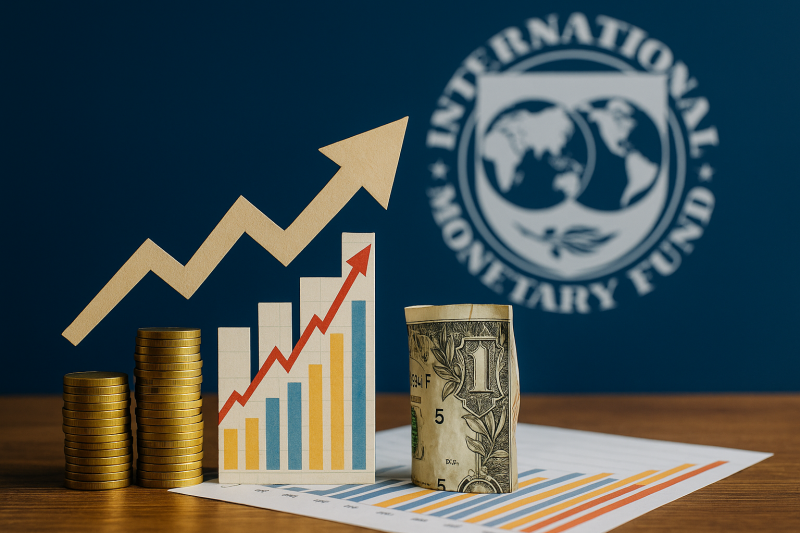WASHINGTON, D.C. – August 29, 2025– The International Monetary Fund (IMF) has issued a fresh warning on the global economic outlook, stating that inflation remains persistently high across many economies despite recent efforts by central banks to bring prices under control.
According to the IMF’s latest report, inflationary pressures are being driven by rising energy prices, disrupted food supply chains, and ongoing geopolitical tensions. While some advanced economies have seen modest declines in inflation, developing countries continue to face sharper increases in daily living costs.
IMF Chief Economist Pierre-Olivier Gourinchas emphasized the seriousness of the issue in a press briefing:
“Inflation is proving more stubborn than anticipated. While monetary tightening has had an impact, households and businesses continue to feel the burden of higher prices. It is vital that policymakers remain vigilant.”
The report notes that the average global inflation rate for 2025 is projected to remain above pre-pandemic levels, with many regions still struggling to stabilize markets. Food and fuel remain the most volatile categories, particularly affecting low-income populations.
Economic analysts suggest that while central banks, including the U.S. Federal Reserve and the European Central Bank, are keeping interest rates elevated to combat inflation, this strategy has also slowed growth.
“There’s a delicate balance between curbing inflation and avoiding a deep economic slowdown,” said Maria Lopez, a senior economist at Global Insight Advisors. “Developing nations are especially vulnerable, as they face both higher borrowing costs and surging commodity prices.”
The IMF also called for greater international cooperation to mitigate the effects of inflation, pointing to the importance of securing global food supplies and ensuring access to affordable energy.

Looking Ahead
The IMF’s forecast suggests inflation could gradually ease in 2026 if supply chains normalize and energy markets stabilize. However, the organization warns that any escalation in global conflicts or further disruptions in trade could trigger another wave of price shocks.
For everyday consumers, the reality remains stark: higher grocery bills, rising utility costs, and tighter household budgets. As governments and central banks weigh their next moves, the global economy sits at a crossroads between stability and prolonged financial strain.








Comments
No comments yet. Be the first to comment!